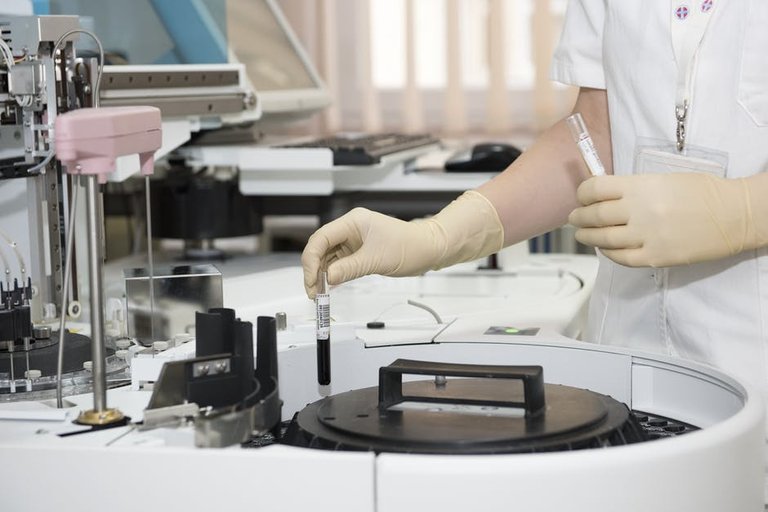
source picture :https://www.pexels.com/photo/clinic-doctor-health-hospital-4154/
This new class of treatment involves genetically modifying the immune system of a patient so that he can fight cancer cells.
The Food and Drug Administration had authorized the first gene therapy in August, the Kymriah, Novartis Laboratories, to treat a very aggressive form of leukemia in children and young adults. The Yescarta was originally developed by the US National Institutes of Health and the patent was acquired by Kite Pharma. It was recently bought out by the Gilead group for $ 11.9 billion.
Yescarta has been approved by the FDA for adults with an aggressive form of non-Hodgkin's lymphoma who have not responded to a series of two chemotherapy treatments. Some 3,500 people a year could meet this criterion in the United States, according to Gilead.
This immunotherapy involves removing the patient's immune cells for genetic modification in the laboratory and cultivating them before reinjecting them in a single dose.
This customized treatment will cost $ 373,000, which is cheaper than the Kymriah billed $ 475,000. But Novartis said in August that it would not charge patients who did not respond to treatment in the first month.
"New scientific paradigm"
"Today marks a new stage in the development of an entirely new scientific paradigm for the treatment of serious diseases," said FDA Director Dr. Scott Gottlieb in a statement.
"In just a few decades, gene therapy has gone from a promising concept to a true response to treating fatal diseases and incurable forms of cancer," he adds. The side effects of these gene therapies can be severe or even fatal.
For Yescarta, the FDA cites a high fever, a drop in blood pressure, congestion of the lungs and neurological problems.
The clinical study whose results led the FDA to approve Yescarta covered 111 patients in 22 hospitals of which 101 were treated with this gene therapy. Initially, 54% of this group had complete remission and 28% partial. Six months after treatment, 80% of the 101 patients treated were still alive.
After a median follow-up period of 8.7 months, 39% of the group remained without any signs of cancer, a much greater proportion than with conventional anti-cancer treatments such as chemotherapy.
Novartis plans to ask the FDA for the green light to treat patients with Kymriah with other forms of blood cancer such as leukemias. The bio-pharmaceutical group also hopes to develop gene therapies to treat solid tumors such as lung, prostate, colon and breast cancer that together account for 90% of all cancer deaths.